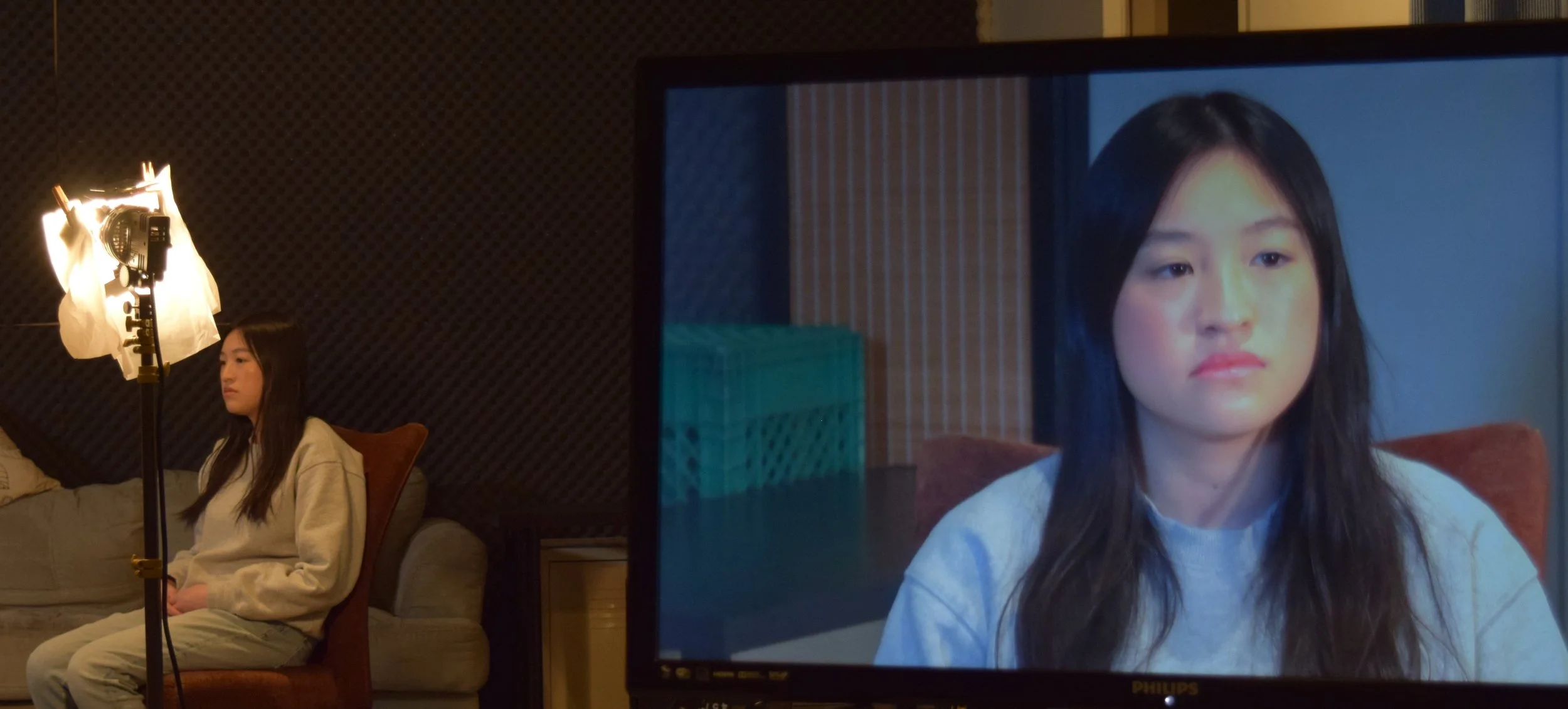Live and - not but.
/Whether you use the word and or but makes quite a difference.
If you’re asked ‘Are you working?’ and you reply ‘Yes, but, it’s only a small role.’ That is very different from replying ‘Yes, and it’s going well.’
Your self-talk is important to you as a professional. What you say reflects your outlook. Using and instead of but can have a positive affect on you. And others.
You should try and avoid a culture of regret where everything you did is recounted as ‘I did this, but…’.
Your experiences could be written this way:
You began acting and then you trained and then did summer theatre and then you had a recurring role on a series and then you trained again and then you went to Stratford and then you did Summerworks and then you made a short film and then you acted in Hollywood and then got a Canada Council grant and…
Or, in constant disappointment it would be written this way:
I wanted to stay in town for TV work but I did summer theatre instead and then I was at Stratford but only had small roles and I then got a Canada Council grant but only half what I asked for and then…
The Oxford English Dictionary defines and as, ‘Connecting…; …implying great duration or great extent; …to indicate that they are being added together; …implying succession.’
Learn to see your work and life as connected, added together, one of succession, duration and extent. That is what your work and life is, so there is no false description here.
Simply what it is.
Using but gives the impression of apology and that whatever you're doing is never enough. But begins the apology or explanation of what and why you are doing something rather than simply stating what it is that you are doing.
If you’re asked you can elaborate but why shed doubt in your own mind and that of others.
Your actor’s life is difficult enough, so see if presenting yourself in an on-going way cuts away some weight leaving you a little lighter to carry on.








